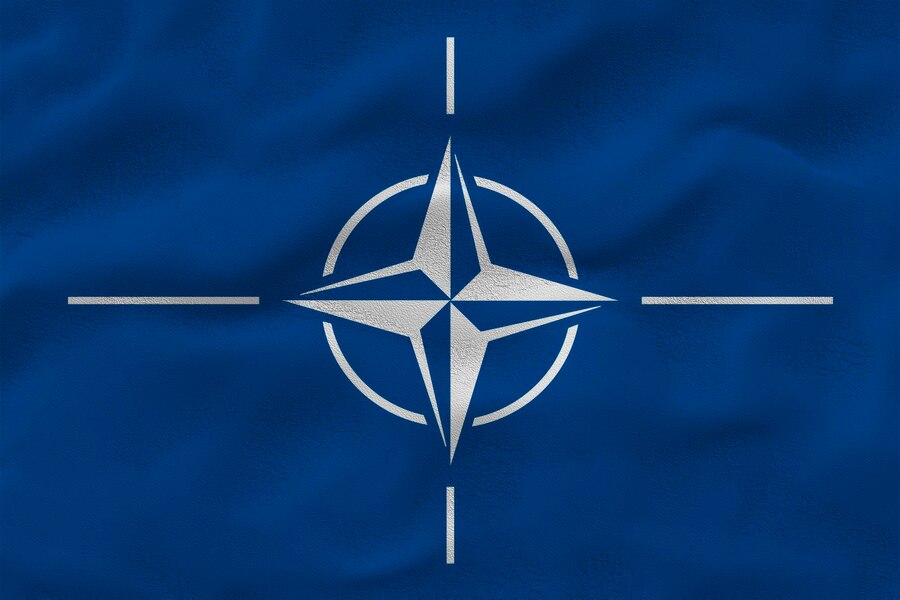NATO Secretary General Mark Rutte has called for a dramatic 400% increase in Europe’s air and missile defense budget, urging a “quantum leap” in military spending to counter Russia’s growing threat. Speaking at Chatham House in London, Rutte emphasized the need for stronger European defenses as U.S. President Donald Trump signals a significant reduction in America’s decades-long military support for the continent.
Rutte’s remarks come as European nations scramble to bolster their arms industries in response to Trump’s push for NATO allies to raise defense spending from 2% to 5% of GDP—a proposal once considered unrealistic but now gaining traction, with Rutte expecting its adoption at NATO’s upcoming June 24-25 summit. He stressed the urgency of enhancing capabilities, including thousands more armored vehicles, millions of artillery shells, and doubled logistics, supply, and medical support. “Wishful thinking will not keep us safe,” Rutte warned. “Hope is not a strategy.”
The call follows Trump’s repeated questioning of NATO’s mutual defense pact, particularly Article 5, which ensures collective protection among allies. Trump has suggested that the U.S. might not defend allies failing to meet spending targets, even inviting Russia to act against them. This shift has alarmed European leaders, who have long relied on U.S. protection against threats from the Soviet Union and, more recently, Russia’s aggressive posture under President Vladimir Putin.
Rutte’s speech highlighted the need for Europe to stand on its own militarily, especially as NATO navigates the delicate balance of supporting Ukraine—a non-member state seen as a buffer against Russian expansion—while maintaining relations with a U.S. administration increasingly sympathetic to Moscow. Trump has publicly described a “very good relationship” with Putin, a stark contrast to the views of previous Western leaders.
The urgency of Rutte’s message was underscored by ongoing joint military exercises, such as the Dutch-led operation involving 3,500 Dutch and German troops simulating urban combat to defend Europe’s eastern flank. European nations, including Germany, are now pushing to revive their arms industries and increase defense budgets to reduce dependence on Washington.
While some European officials acknowledge Trump’s point that wealthy nations should bolster their own defenses, many criticize his approach as undermining NATO’s core principles. Historically, the U.S. has viewed its role in European security as a strategic investment, gaining significant political and cultural influence. Trump’s rhetoric, however, challenges this arrangement, prompting Europe to rethink its defense strategy in an era of uncertainty.

